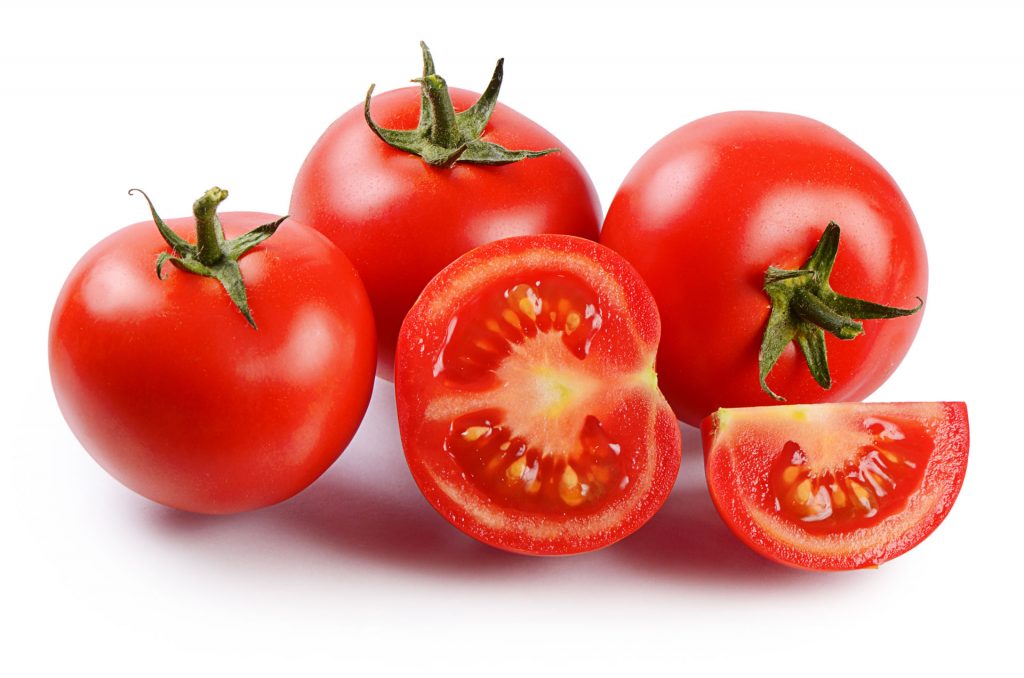Oftentimes when we think of diets, we are thinking about eating right to maintain or achieve physical health benefits. But what about your mental health? There are actually many different foods and drinks that have been proven to have positive effects on brain development and function.
Food for Thought
Various foods contain nutrients linked to the improvement of mental health facets. These vital nutrients can be found in foods that many of us eat regularly; and almost all of them can also be taken in the form of supplements. Before altering your diet, be sure to speak with your doctor in regard to the healthiest choices for you to make.

Ingredients That Promote Mental Health
Omega-3 Fatty Acids
There are three main types of omega-3 fatty acids including alpha-linolenic acid (ALA), eicosapentaenoic acid (EPA), and docosahexaenoic acid (DHA).
Omega-3s are important components of the membranes that surround each cell in your body. DHA levels are especially high in retina (eye), brain, and sperm cells. Omega-3s also provide calories to give your body energy and have many functions in your heart, blood vessels, lungs, immune system, and endocrine system (the network of hormone-producing glands).
Foods With Omega-3 Fatty Acids
- Fish including salmon, tuna, and sardines
- Oysters
- Walnuts
- Plant-based oils including canola oil and soybean oil
Magnesium
Magnesium is a nutrient integral to providing the brain with the oxygen it needs to function.
Magnesium is required for energy production, oxidative phosphorylation, and glycolysis. It contributes to the structural development of bone and is required for the synthesis of DNA, RNA, and the antioxidant glutathione. Magnesium also plays a role in the active transport of calcium and potassium ions across cell membranes, a process that is important to nerve impulse conduction, muscle contraction, and normal heart rhythm.
Foods High in Magnesium
- Leafy green vegetables
- Seeds and nuts
- Whole grains
- Legumes such as chickpeas and black beans
- Seafoods including salmon and tuna
Zinc
This immune-boosting nutrient also has shown to possess properties beneficial to stress reduction. People with low zinc levels tend to be more prone to depression and anxiety.
Foods Rich in Zinc
- Oysters
- Red meat
- Poultry
- Whole grains
- Beans
- Nuts
- Certain dairy products
Folic Acid
Folic acid can reduce susceptibility to depression and some of its underlying symptoms including insomnia. It has also been linked with reducing the risk of dementia.
Foods High in Folic Acid
- Spinach and other leafy greens
- Citrus fruits
- Beans
- Rice and pasta
- Whole grains

Lycopene
Lycopene is what is known as a carotenoid hydrocarbon, and its red color directly relates to many of the foods that contain it. This nutrient can reduce the risk of brain disease and has also been used to disrupt the advancement of Alzheimer’s Disease.
Foods High in Lycopene
- Tomatoes
- Red cabbage
- Watermelon
- Grapefruit
- Red carrots
- Red peppers
- Papaya
Dieting for a Healthy Mind
Eating a well-balanced, nutritious diet can have positive short and long-term effects on your mental wellbeing. The more care you put into what goes into your body, the more positive results you will see.
